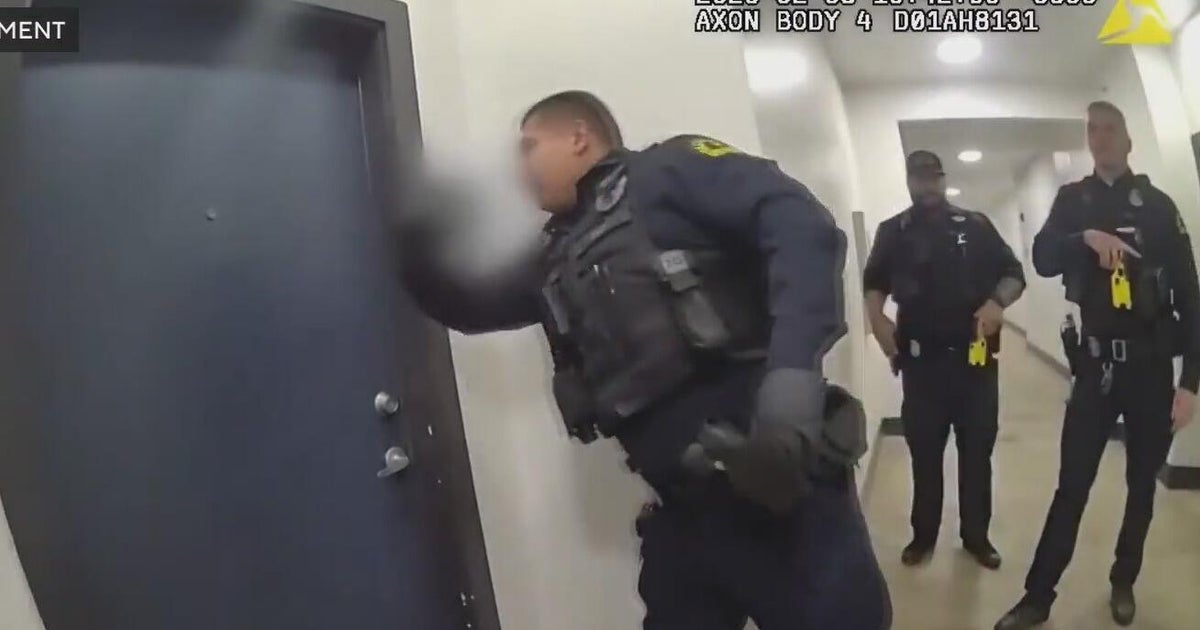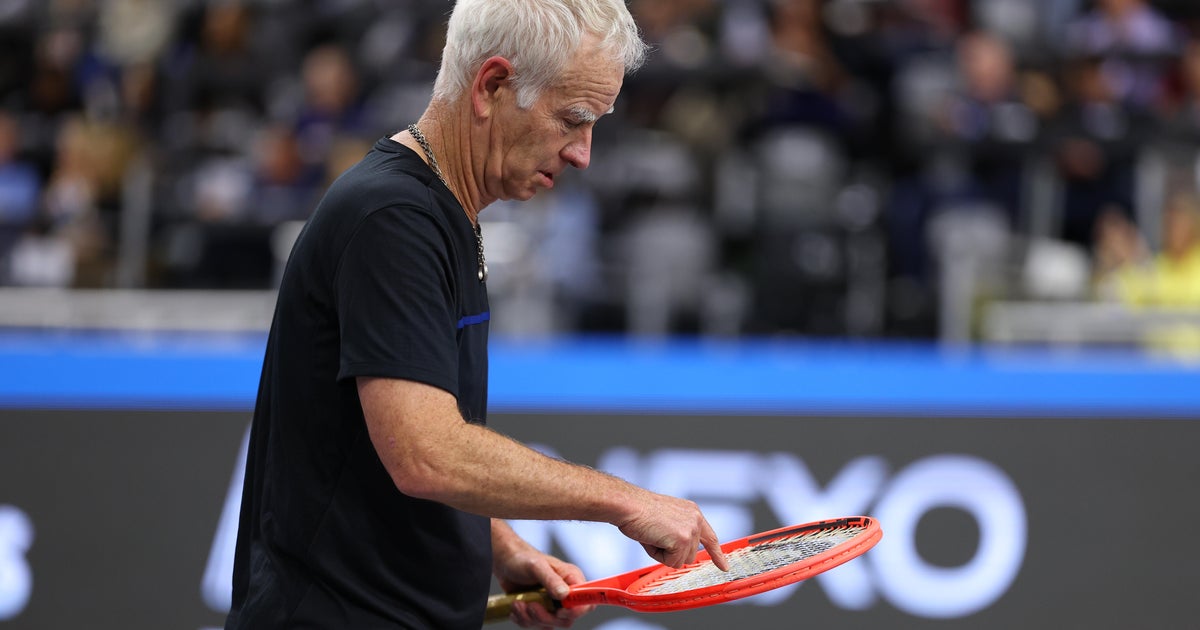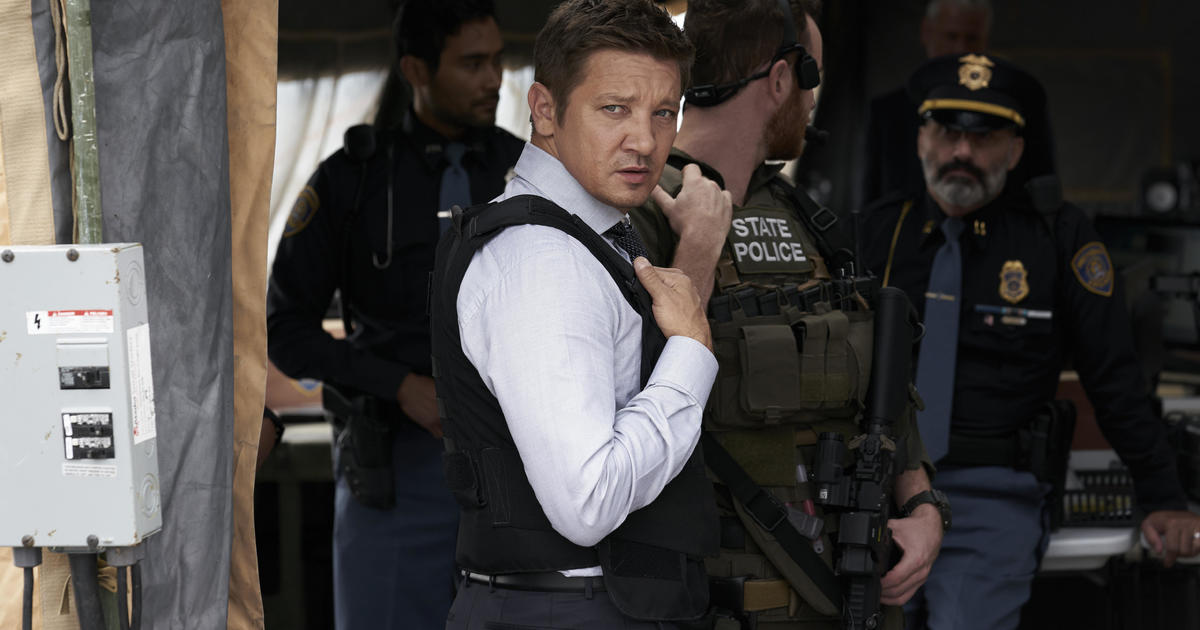New Evidence Into Concussions Uncovered In Dallas
Follow CBSDFW.COM: Facebook | Twitter
DALLAS(CBSDFW.COM) - Concussions in former NFL players are suspected to lead to brain changes later in life. That's the preliminary finding of a study that UT Southwestern Medical Center is calling a "first" of its kind.
According to the research team, the hippocampus, a part of the brain involved in memory was found to be smaller in 28 former NFL players as compared with a control group of men of similar age and education. The changes were noted in those players whose concussions were severe, resulting in loss of consciousness.
"I get the ear ringing every once in a while, I get the headaches," says Khalid Beard, a personal trainer at Title Boxing Club in Uptown. "There [are] a lot of guys out there that need help a lot worse than I do."
As a trainer, when Beard shows up for a workout now, his clients do the heavy lifting. But, the former SMU defensive player has taken his share of hard hits.
"That's just how the game was played back then," Beard admits with a chuckle. "We were taught to get out there and try to kill each other."
But, the 34-year-old Beard is now past his playing days and thinking about one day starting a famiy and he admits to wondering about the long term impact of those concussions.
"If I start shaking one day or something… you don't really think about it until then. It hasn't hit me yet. But, I am thinking about it."
So he and many others now follow closely the ever widening body of research on how concussions impact the brain later in life.
"Keep in mind, the vast majority of concussions, 90% of them in fact do not result in loss of consciousness," says Munro Cullum, PhD, Professor of Psychiatry and Neurology and Neurotherapeutics at UT Southwestern. "Most people who sustain a concussion may not be at risk for anything later in life."
According to Dr. Cullum, the study is preliminary and "there is much more to be learned in the area of concussion and cognitive aging."
But, he also stresses the findings are not intended to spread fear or bash contact sports.
"What we don't know who is at risk for the really bad problems," says Dr. Cullum, "most people do well after a concussion, so we need to keep that in mind."
And while Beard admits that more knowledge is better, he also admits that he probably wouldn't have changed a thing about his glory days on the gridiron.
"Even with everything I know, I love football… still, it's better to be able to make an informed choice."
(©2015 CBS Local Media, a division of CBS Radio Inc. All Rights Reserved. This material may not be published, broadcast, rewritten, or redistributed.)
Follow me @cbs11Robbie







